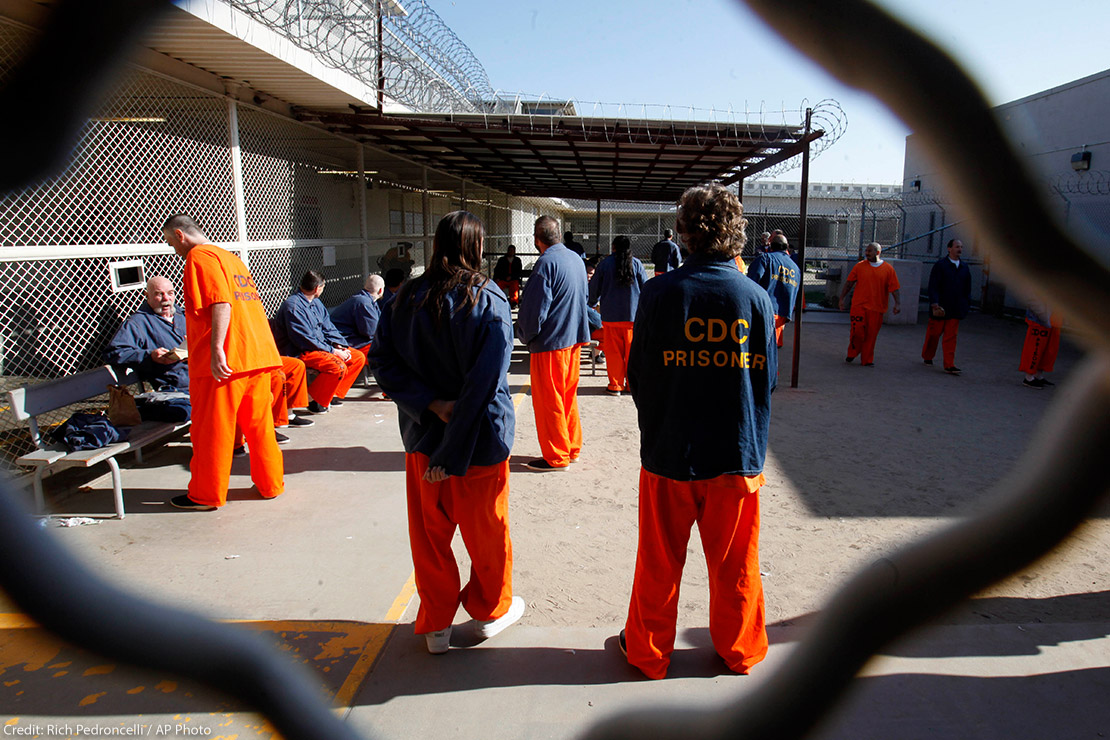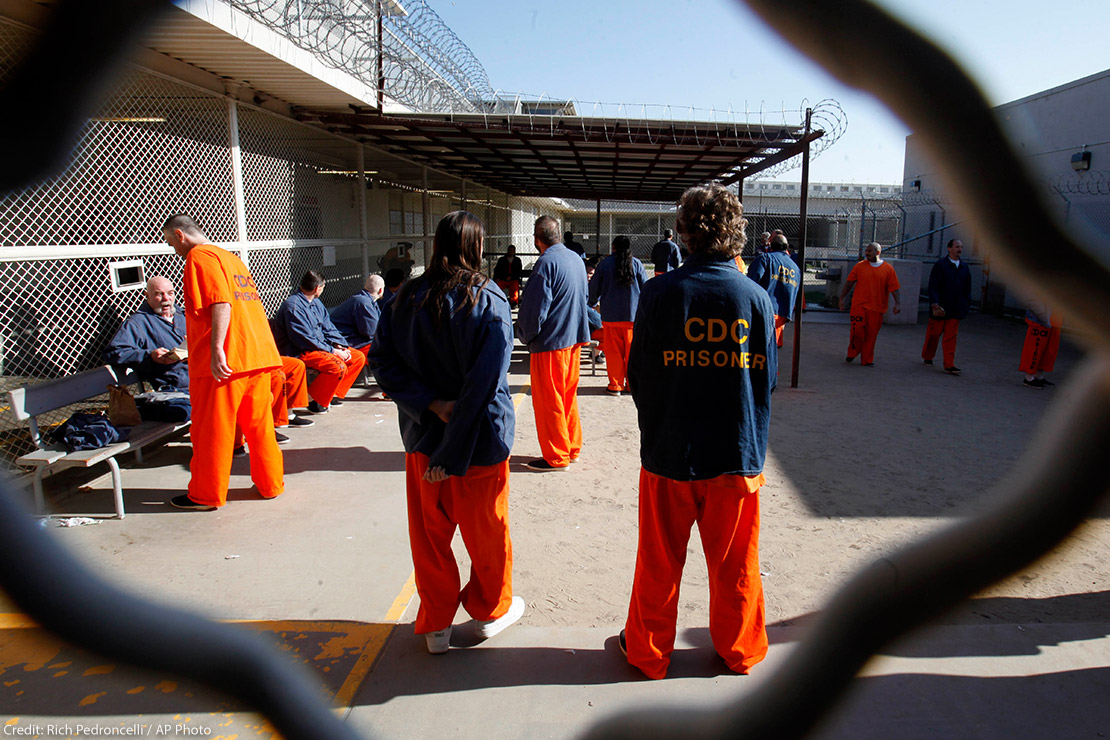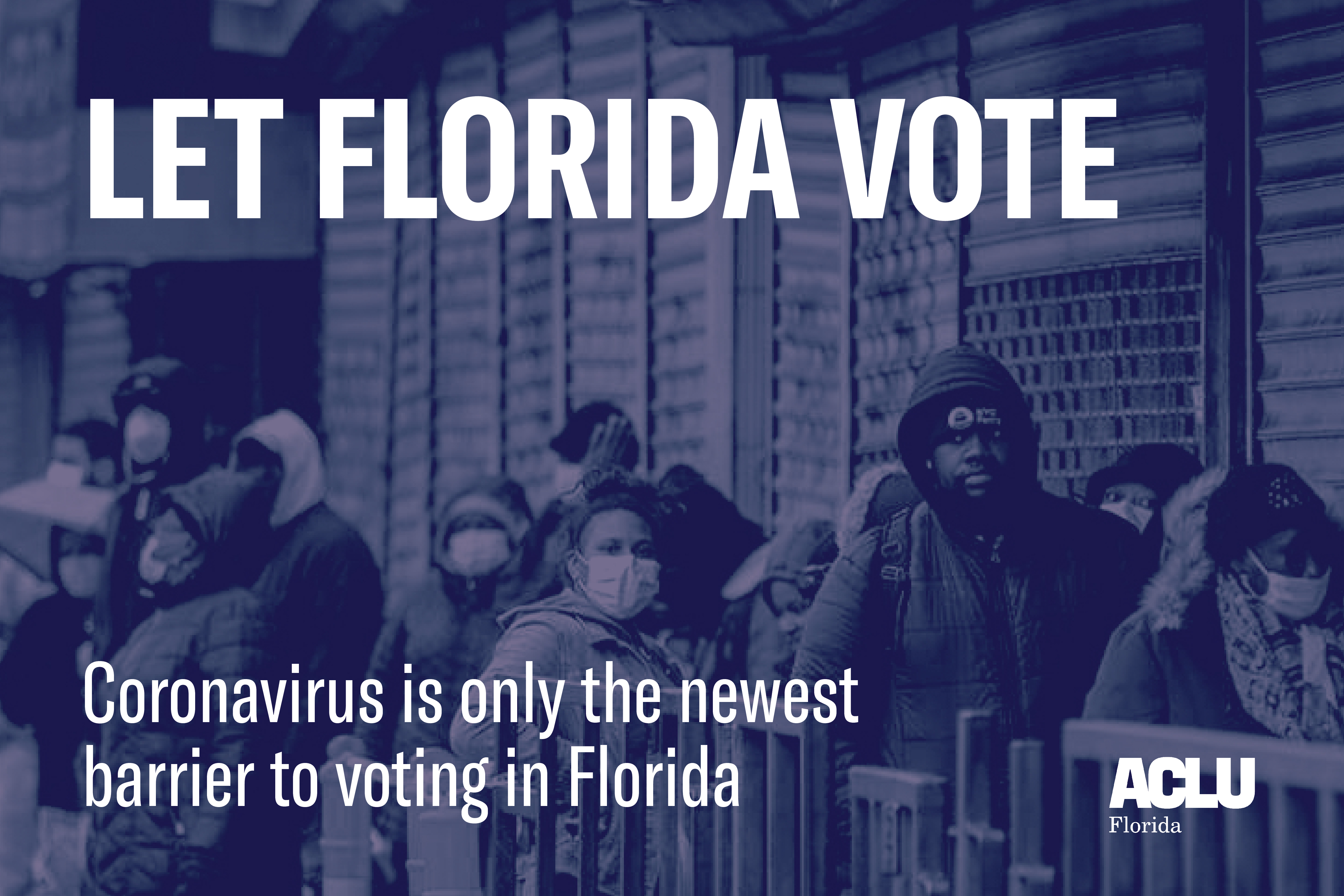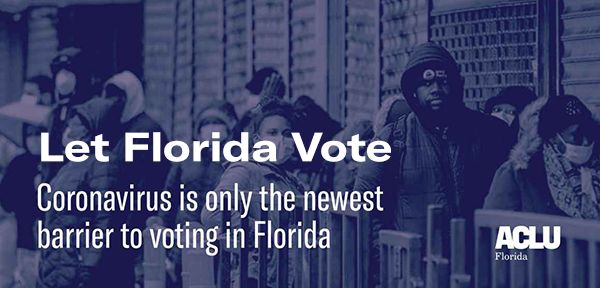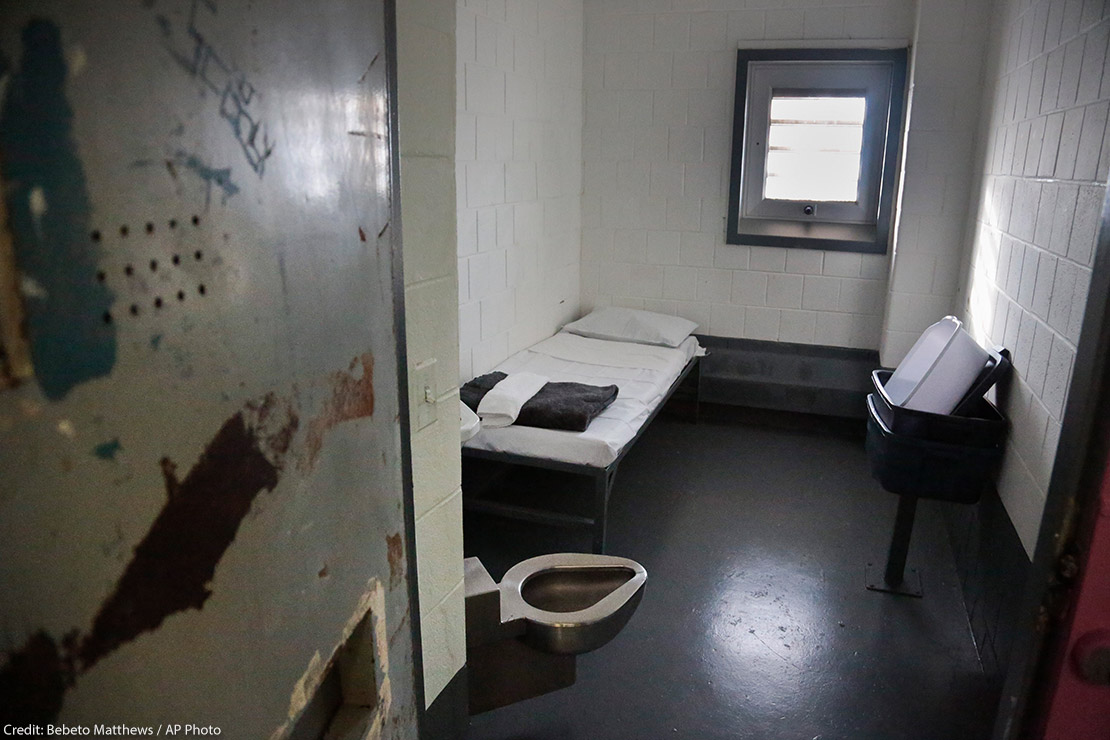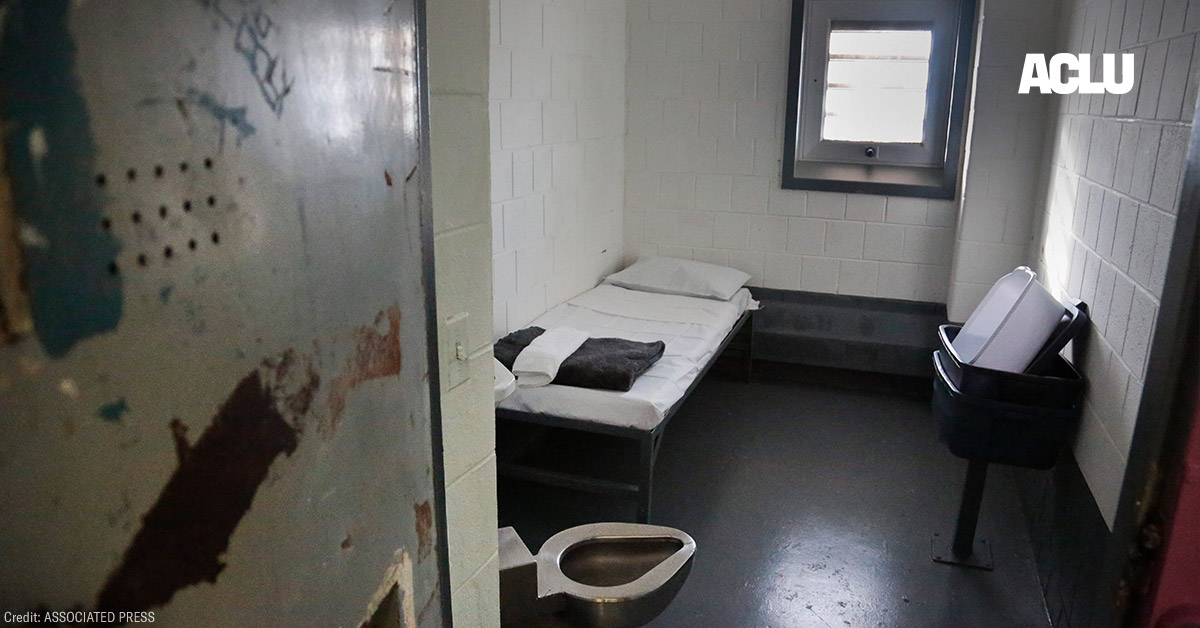With 10 deaths and more than 500 positive COVID-19 cases in the nation’s federal prisons, wardens must “move with dispatch” to “move vulnerable inmates out of these institutions.” These are the words that Attorney General William Barr used on April 3rd when he directed the Federal Bureau of Prisons (BOP) to reduce the federal prison population in the wake of COVID-19.
This instruction – though still lacking in concrete guidelines and timelines for release – is nearly a 180-degree turn for the Department of Justice (DOJ), which was taking a less urgent approach a just few weeks ago, even suggesting that “many inmates will be safer in BOP facilities.” Now realizing this is not the case, BOP wardens have been given the directive to protect lives against COVID-19. Having failed to prevent the suffering on their own to date, they must reverse course as well.
Since BOP reported its first case of COVID-19 on March 21, the virus has spread through its facilities “like wildfire.” In a matter of days, the COVID-19 infection rate increased nine-fold according to BOP’s own accounting, which is likely an undercount. Over the course of two weeks, those who tested positive for COVID-19 increased 8,600 percent according to the Federal Defenders. Today, more than 350 incarcerated persons and almost 200 staff have COVID-19. And with 70 percent of the BOP population Black and Latinx, people of color will bear the brunt of prison outbreaks.
Public health experts warned that jails and prisons could become “incubators” for COVID-19. It is impossible to heed the primary recommendations of the Centers for Disease Control and Prevention (CDC) when incarcerated or working in a prison. You cannot practice social distancing behind bars. Hand sanitizer is contraband at most facilities. Soap costs money and can otherwise be hard to come by. And 45 percent of the federal prison population has chronic conditions. Experts say that prison systems are like “outpatient clinics,” and “should not weather the coronavirus on their own.” The clear solution is to reduce the size of the incarcerated population.
With the issuance of the April 3rd memo, DOJ and BOP suggested that they were taking those steps, as advocates, federal defenders, elected officials, and public health experts had called for. The recently enacted Coronavirus Aid, Relief, and Economic Security (CARES) Act gives DOJ and BOP somewhat broader authority to reduce the federal prison population in the wake of COVID-19. It is this authority that Attorney General Barr invoked on April 3 when he said “time is of the essence” to move “all at-risk inmates” to home confinement.
However, BOP wardens are not moving fast enough to safely reduce the federal prison population. Their proposed “plan” to review prisoners for release at the federal facility at Oakdale, Louisiana — where six men have already died and we had to sue to get the plan in the first place — is woefully insufficient and lacks any enforceable timelines. This shows that certain wardens — and perhaps BOP as a whole still — do not grasp the severity of the moment.
Before utilizing the CARES Act provisions, BOP moved 566 people from prison to home confinement in response to the pandemic. Now, over 900 people are on home confinement. But thousands should be going home with DOJ’s charge to immediately transfer “the most vulnerable inmates” at “the most affected facilities.” DOJ must now be clear that all facilities require population reduction to mitigate or prevent a COVID-19 outbreak, and that all incarcerated persons susceptible to COVID-19 — those who are older and elderly, as well as those who have underlying conditions — be sent home or to another facility where they can socially distance. BOP should not limit release based on facility or racially-biased risk assessments.
A third of BOP facilities are currently reporting COVID-19 cases. One third. Prisons in Oakdale, Louisiana; Danbury, Connecticut; Butner, North Carolina; Lompoc, California; and Yazoo City, Mississippi each report several dozen cases. These numbers are unacceptable, and preventable.
ACLU advocacy has already led to thousands of people being released from local jails and state prisons. The ACLU will continue pushing (and suing) from every angle to stem the outbreak in our nation’s jails and prisons. The wardens overseeing the 122 federal prisons have no time to spare. It is critical that they use every tool at their disposal to get people home.
Kanya Bennett, Senior Legislative Counsel. ACLU Washington Legislative Office
Date
Monday, April 13, 2020 - 2:30pmFeatured image
